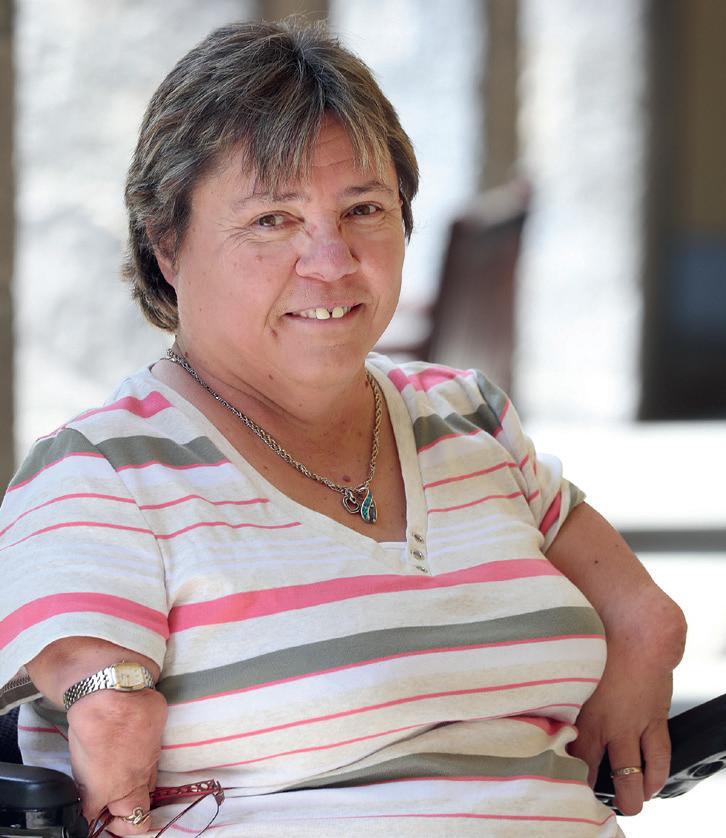
2 minute read
Confidential recipient – vital role
QUALITY OF CARE BENCHMARKED
Quality Care Indicator Boards have been introduced to clinical areas in Tallaght University Hospital (TUH).
In 2009, TUH was the first hospital in the Republic of Ireland to develop and implement an evidenced-based standard for measuring the quality of nursing care, known as the Nursing Instrument Quality Assurance Framework. This was replaced by the national Quality Care Metrics (QCM) for acute care services in January 2020. QCM measure the fundamentals of nursing care and are aligned to evidenced based standards that indicate the safety and quality of nursing care. The national dashboard provides a standardised system to benchmark the quality of nursing care within the hospital and with external healthcare organisations.
Clinical Nurse Managers manage QCM in their areas and allocate QCM auditors. Over 130 TUH nursing staff have received QCM Auditor training.
The purpose of the TUH Quality Care Indicator Boards is to facilitate the display of the metric results. The Clinical Nurse Manager will incorporate a ‘Metric Minute’ into the daily nursing huddles to discuss compliance.
PICTURED ABOVE FROM LEFT TO RIGHT: Maria Carr, Interim Clinical Facilitator; Vivienne Dick, Clinical Facilitator; Bernadette Corrdigan, ADON Perioperative Directorate; Sinead Togher, CNM Gogarty Ward; Joy Barasona, CNM Lynn Ward; Evonne Healy, Medical Directotate Nurse Manager; Aoife Walker, Clinical Facilitator; Christina Lydon, ADON Nurse Practice Development; Áine Lynch, Director of Nursing & Integrated Care. Missing from picture were Flo Lambert, CNM Lynn Ward; Lorna Yeates, CNM Gogarty Ward; Kathy Doyle, CNM Crampton Ward; Gwen Stanley, CNM Ormsby Ward and Geraldine Hiney Nurse Informatics
CONFIDENTIAL RECIPIENT

Leigh Gath has been acting as a voice for our most vulnerable for seven years in her role as Confidential Recipient. Her office provides an open door to any individuals or family members who wish to have their concerns examined in the strictest confidence and her role is to act as a voice for vulnerable adults with disabilities and/or older people and help them navigate the system. “It is my role to be a voice for people with disabilities and older people who receive services that are funded or partially funded by the HSE. This can include residential services, day services, home health, or PA services,” Leigh explained. “If a person feels that they, or someone else receiving services have been potentially affected by abuse, neglect or sub-standard practice in their treatment or care, they can contact this office with their concerns. The concerns will then be sent to the appropriate person within the HSE. They will examine it and respond back to me in a timely manner. “If the person who sent in the concern is not satisfied with the response, then I’ll ask for it to be re-examined. If the concerned person is satisfied then the concern is closed.” She stressed that she welcomes anonymous concerns if someone does not wish to be identified. The confidential recipient office, first established in 2014, is a national service and she operates independently of the HSE. “I welcome calls, emails or regular mail from any member of the public if they have a concern,” said Leigh.










